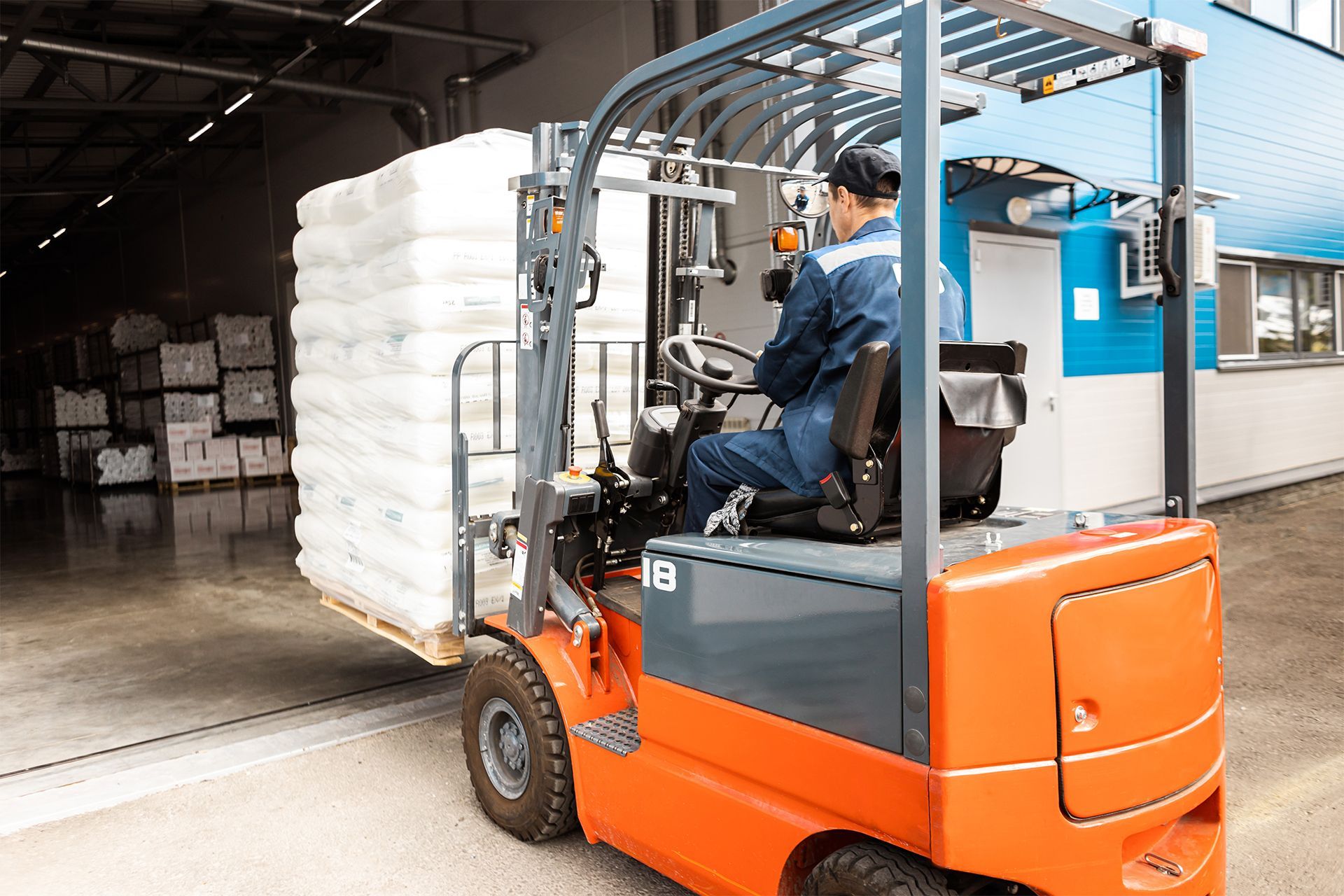Blog
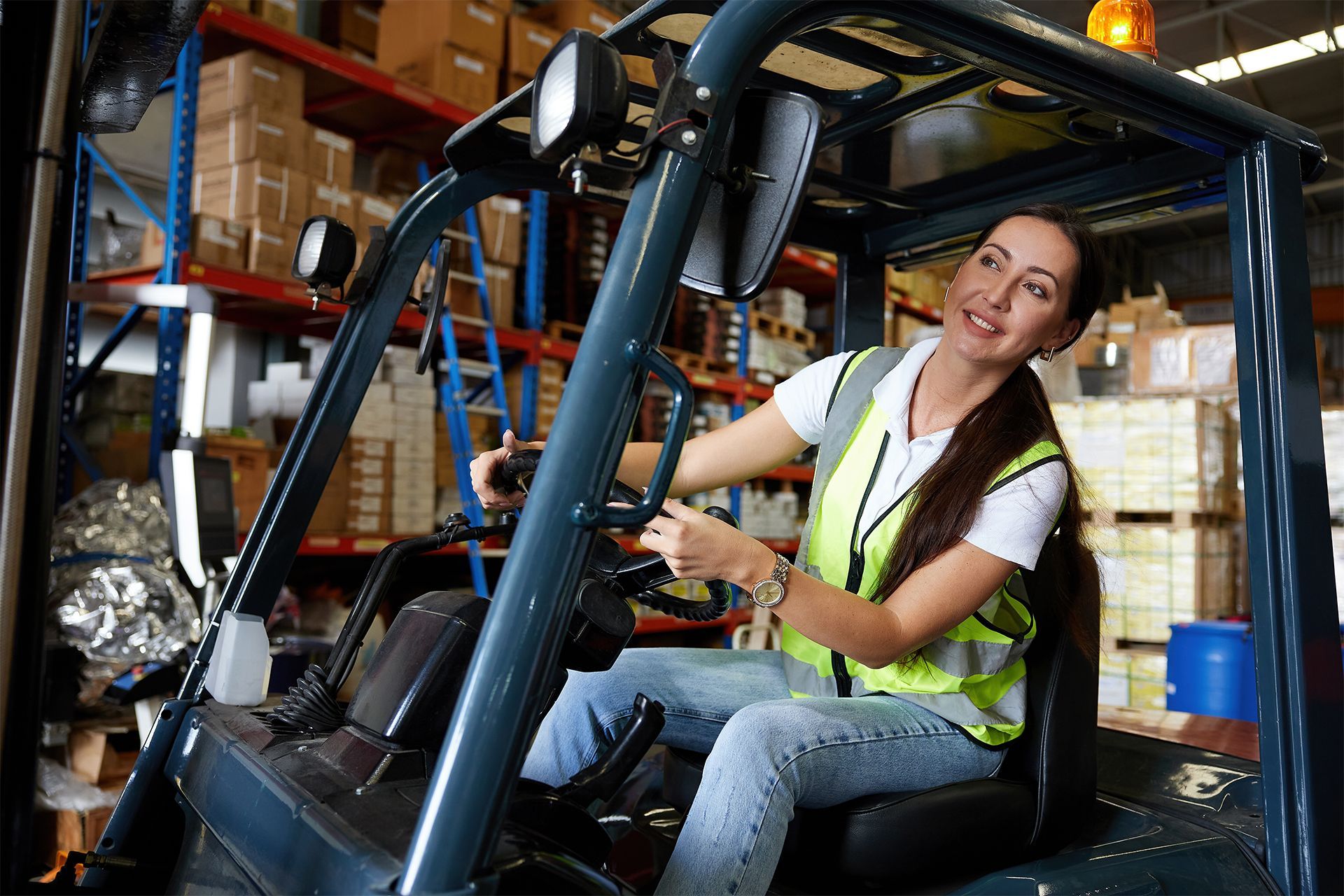
by UFT Ultimate Forklift Training Center
•
11 December 2023
When it comes to forklift operation, safety and competence are paramount. Whether you are an employer looking to train your staff or an individual seeking certification, choosing the right forklift trainer is a critical decision. The quality of training you receive can directly impact workplace safety, efficiency, and compliance. In this blog, we'll explore the key considerations for selecting the right forklift trainer to ensure effective training.
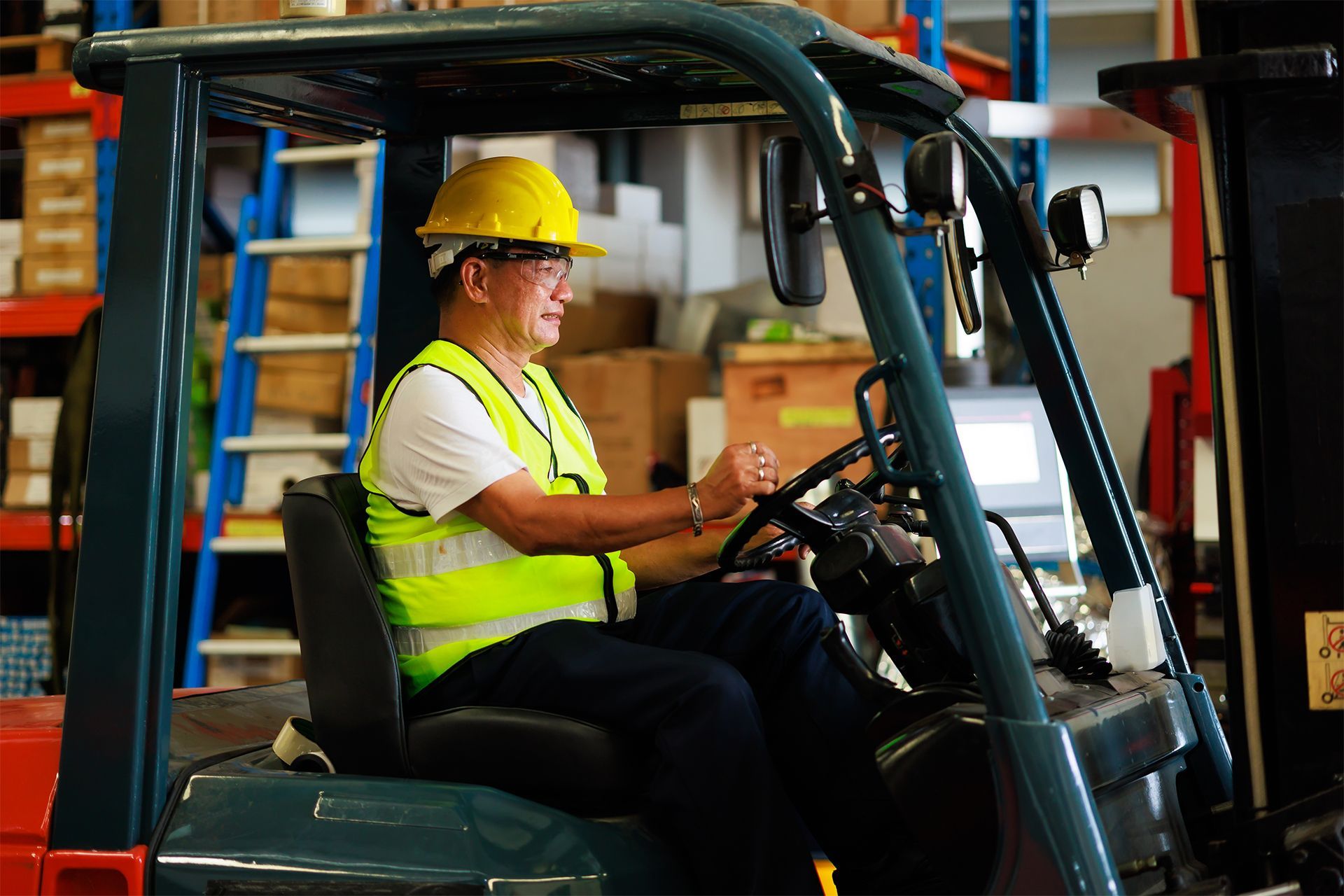
by UFT Ultimate Forklift Training Center
•
13 November 2023
In the world of material handling and logistics, forklifts play a pivotal role. These powerful machines are essential for efficiently moving heavy loads within warehouses, factories, and distribution centers. However, the safe and effective operation of forklifts is not something that can be taken lightly. It requires proper training and supervision to ensure the safety of operators, and bystanders, and the integrity of the goods being transported. In this blog, we'll delve into the crucial role of forklift trainers in ensuring safety and competence among forklift drivers.
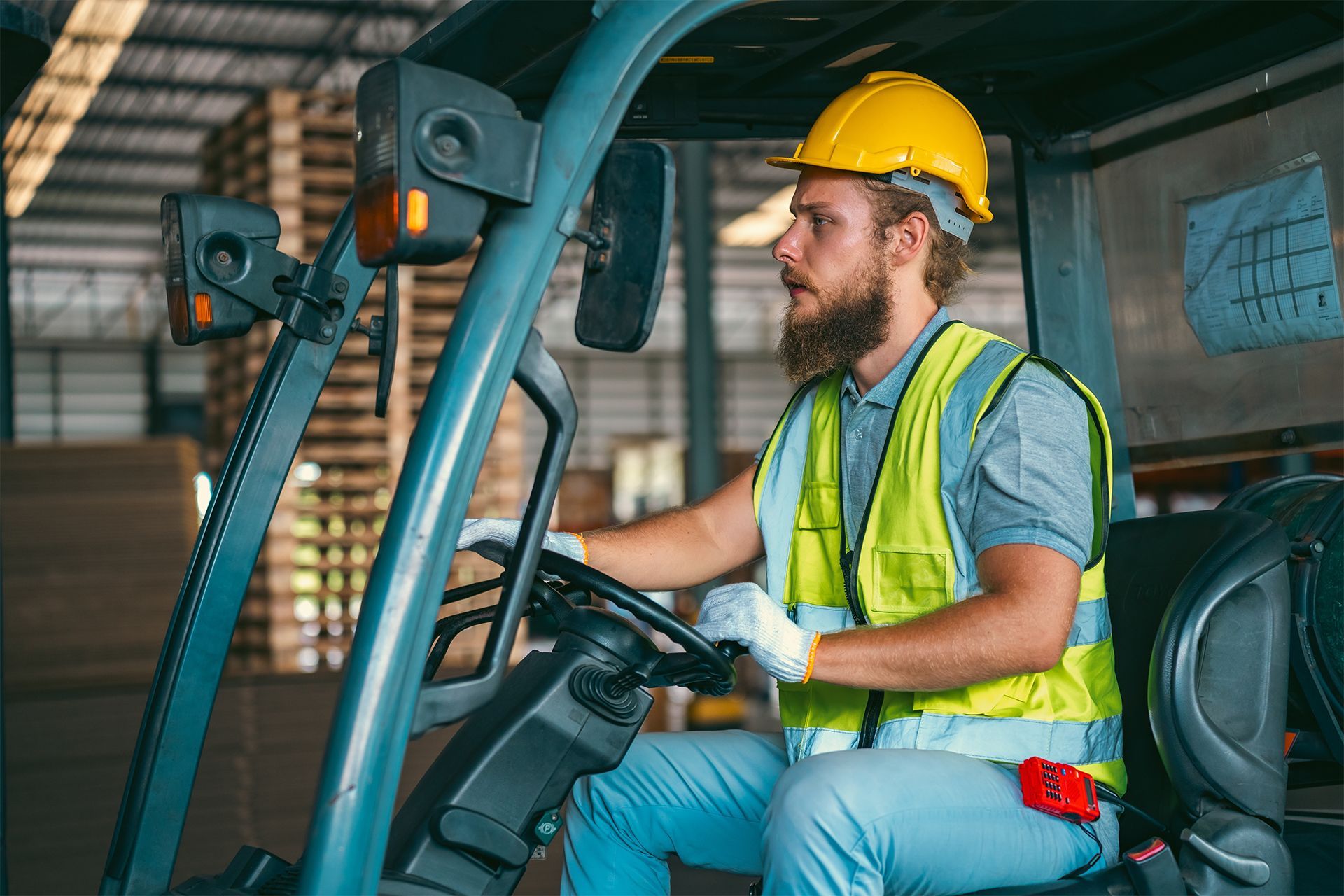
by UFT Ultimate Forklift Training Center
•
20 October 2023
In today's fast-paced industrial landscape, efficient material handling is a critical component of productivity. The use of pallet trucks, also known as pallet jacks or pallet movers, has become commonplace in warehouses, factories, and distribution centers. However, what many may not realize is that operating these seemingly simple machines without proper training can pose serious risks to both workers and the business itself. In this blog, we will delve into the importance of pallet truck training for ensuring safety and efficiency in material handling.
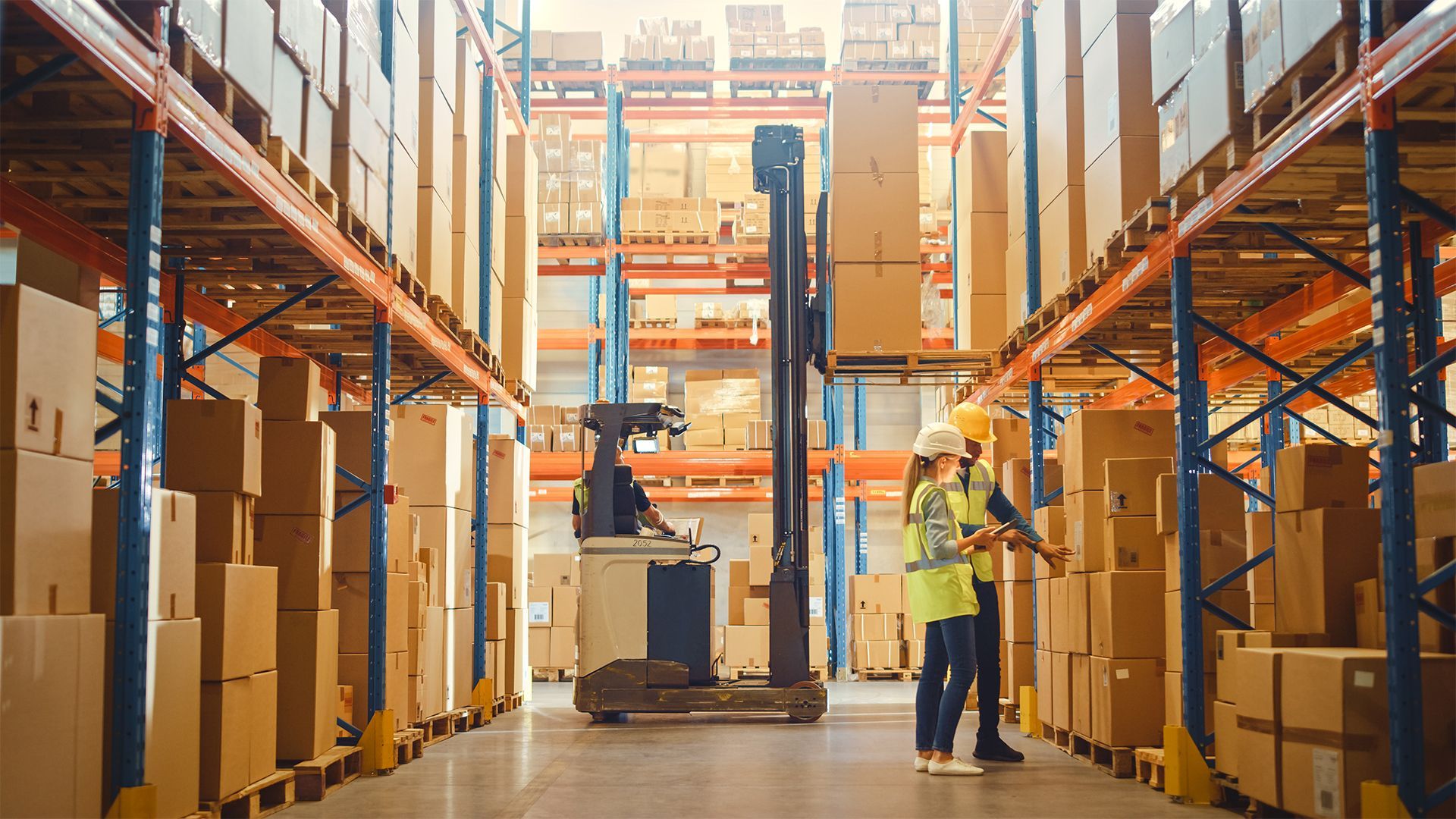
by UFT Ultimate Forklift Training Center
•
10 July 2023
In the pulsing heart of the industry, forklifts are the titans that keep our world in motion. They’re the unsung heroes of warehouses, the linchpins of construction sites, and the stalwarts of supply chains. Yet, the true power doesn’t lie in these steel behemoths themselves but in the skilled operators who deftly maneuver them. However, when it comes to forklift training, a fog of myths and misunderstandings often shrouds the truth, leading to dangerous misconceptions, inefficiencies, and an increased risk of accidents. In this blog, The UFT Ultimate Forklift Training Center is about to clear the air. Prepare for a myth-busting rollercoaster that will not only debunk the widespread fallacies but also illuminate the path to forklift mastery. It’s time to dismantle these myths, one by one, and elevate your understanding of forklift operation to new heights. Let’s get started!
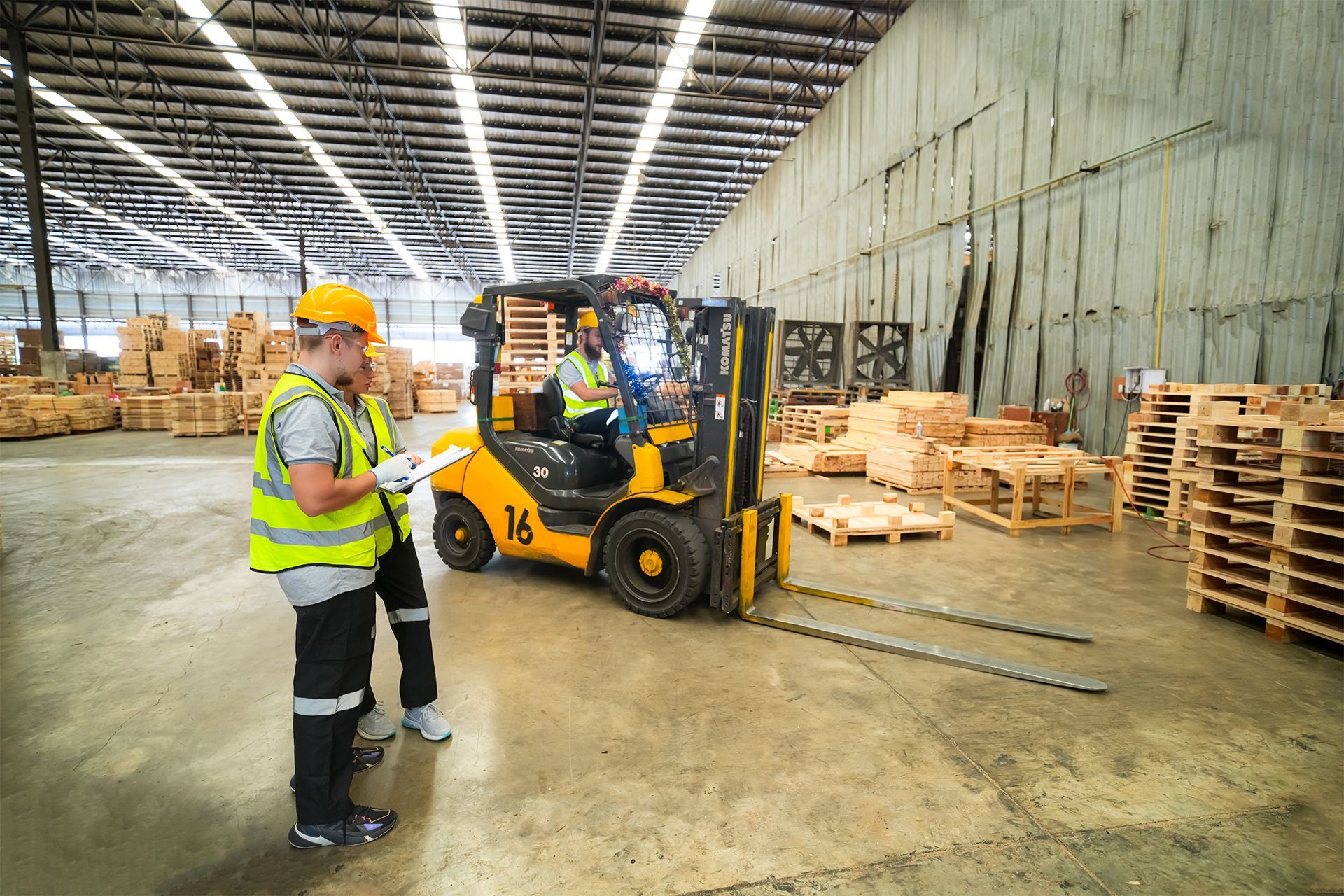
by UFT Ultimate Forklift Training Center
•
12 June 2023
Counterbalance forklifts are the most common type of forklifts used in warehouses and manufacturing facilities. They are powerful machines that require skilled operators to operate them safely and efficiently. For new operators, it's important to understand the safety best practices and tips for operating a counterbalance forklift. In this blog, we will discuss the safety best practices and tips for new operators of counterbalance forklifts.
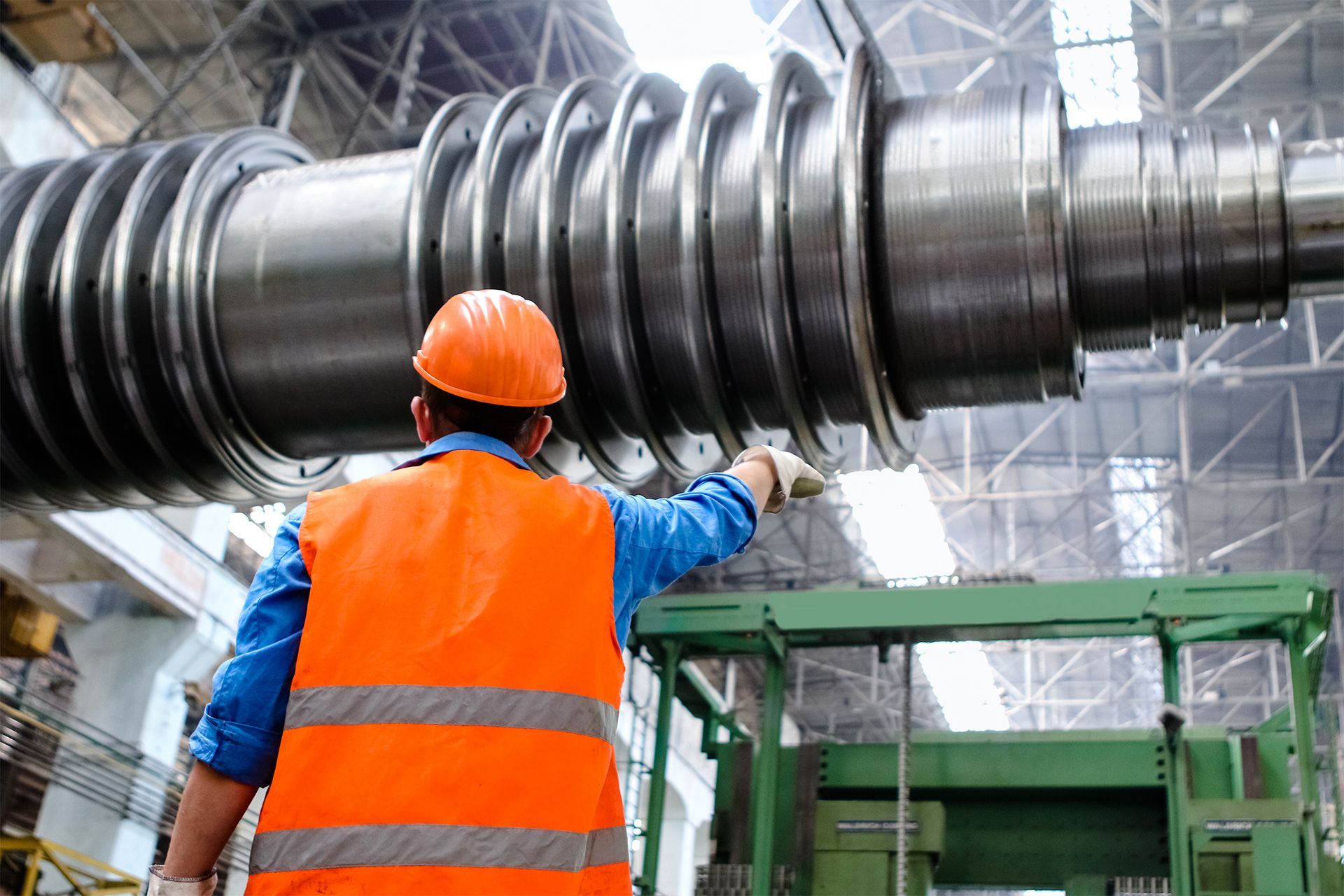
by UFT Ultimate Forklift Training Center
•
15 May 2023
Forklifts are essential in many industries, including warehousing, manufacturing, and construction. However, forklifts can also be dangerous if not operated properly. That's why forklift operator certification and training programs are crucial for both the safety of operators and those around them. In this blog, we will discuss the benefits of forklift operator certification and training programs.
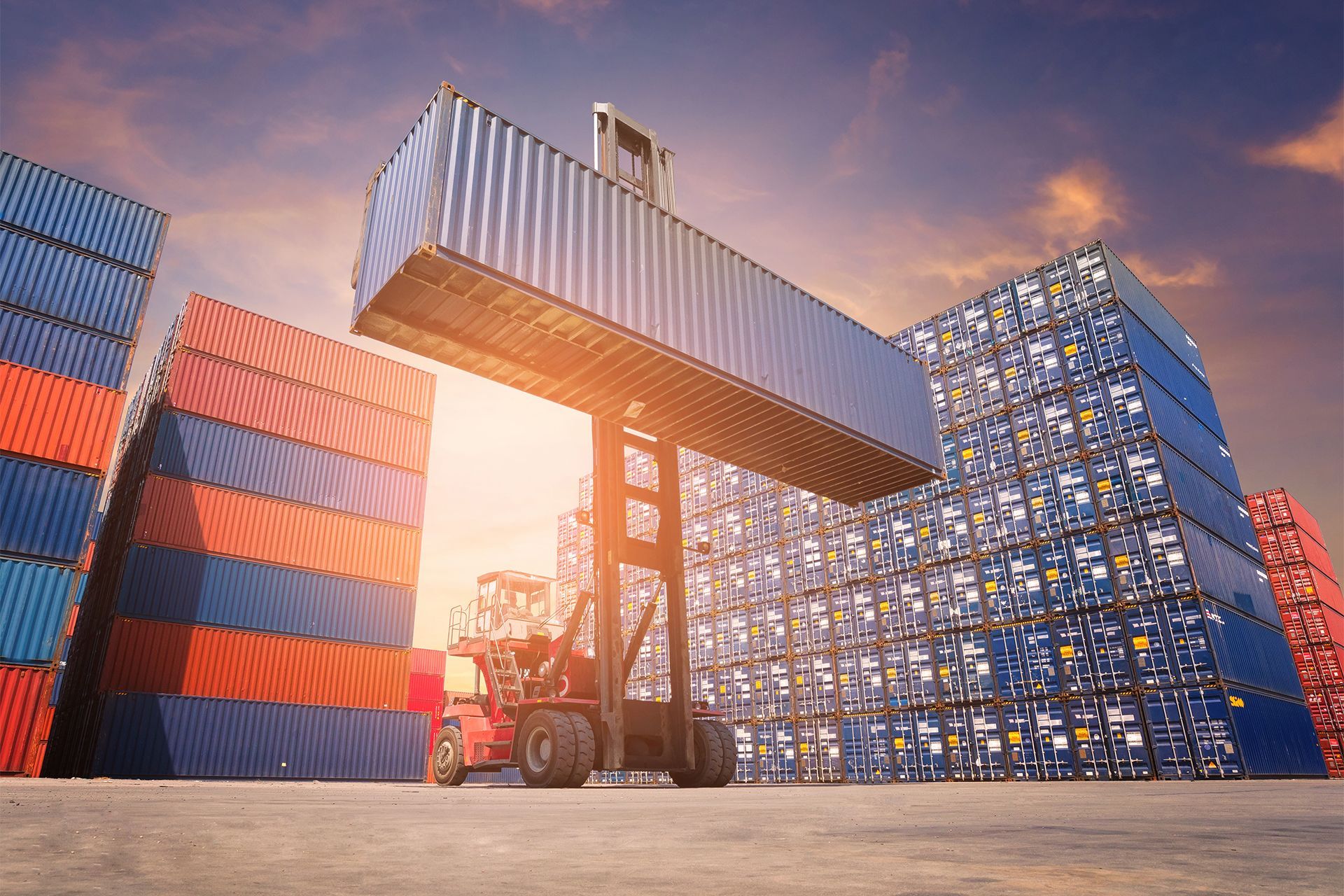
by UFT Ultimate Forklift Training Center
•
18 April 2023
Forklifts are essential in many industries, including warehousing, manufacturing, and construction. They are powerful machines that can move heavy loads efficiently, but they can also be dangerous if not operated properly. To ensure the safety of operators and those around them, it's crucial to understand the different types of forklifts and how to operate them safely. In this blog, we will discuss the different types of forklifts and how to properly operate them.
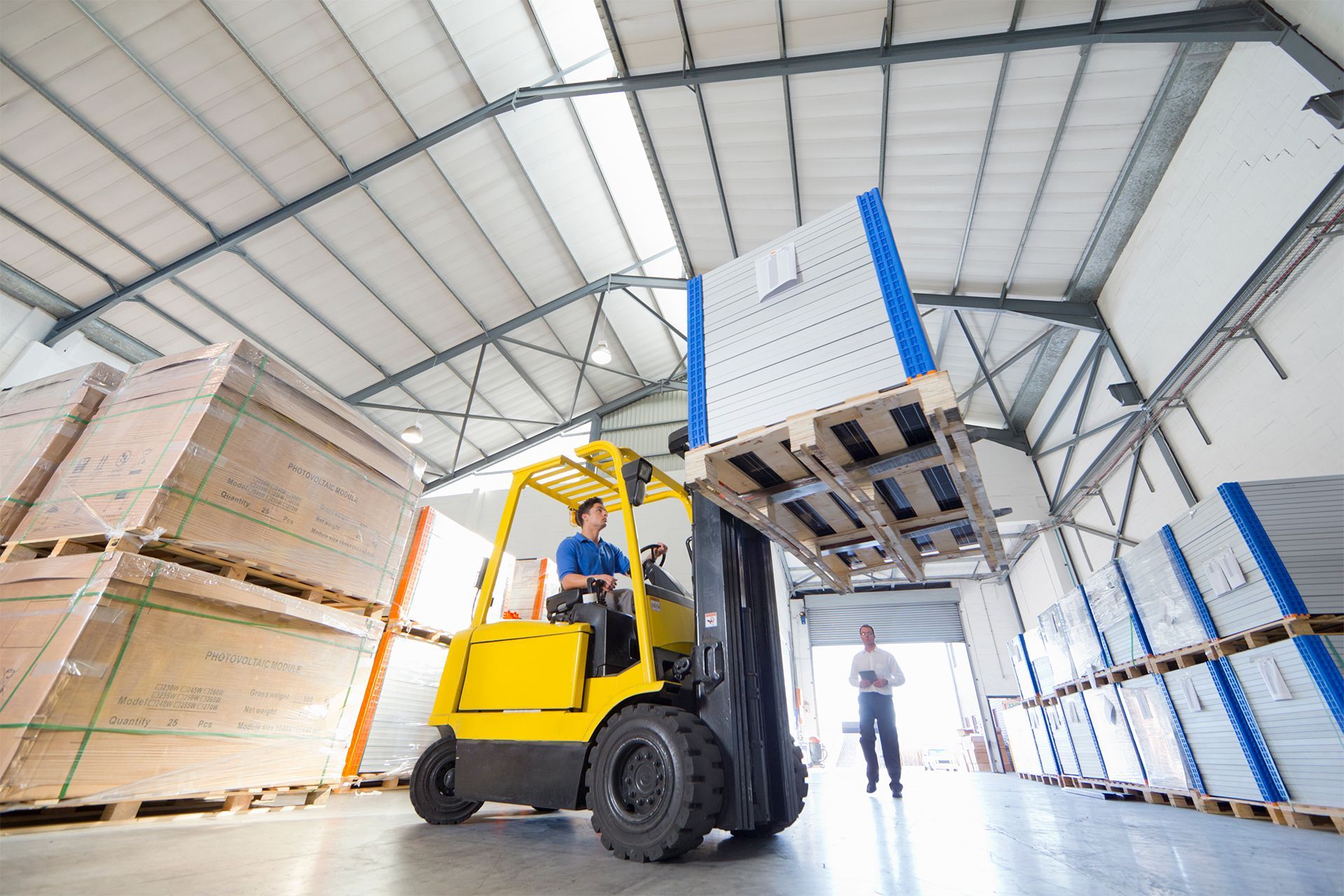
by UFT Ultimate Forklift Training Center
•
6 March 2023
Operating heavy machinery requires a high level of expertise and experience, making it crucial to receive proper training. Unfortunately, many people make mistakes when looking for heavy machinery training, which can result in inaccurate results or even system failure. To ensure that your heavy machinery training is accurate and reliable, it’s best to seek the assistance of a professional. They can identify potential errors before they occur, help you avoid costly mistakes, and provide solutions for any issues that arise. The UFT Ultimate Forklift Training Center has compiled a list of the most common mistakes people make when searching for heavy machinery training. Read on to avoid these costly blunders.
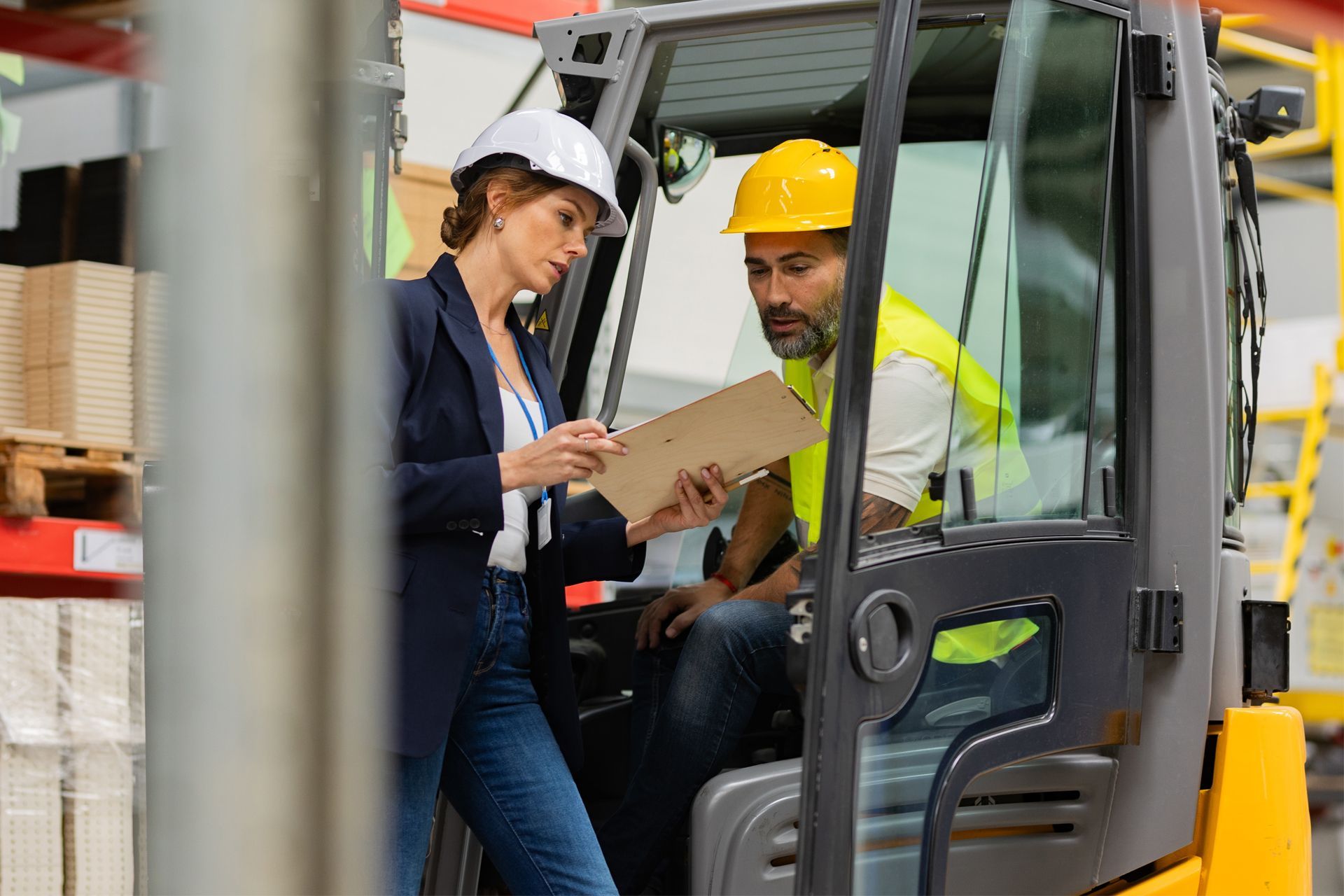
by UFT Ultimate Forklift Training Center
•
1 February 2023
Often people think that all machines are the same and minor differences in these machines need not be understood. However, there are training providers who can assist you in learning how to operate different machines. You can seek help from a recognized training provider near your area to ensure that you can competently apply the skills learned confidently. To help you steer clear of these misconceptions, UFT Ultimate Forklift Training Center has debunked some of the most widely believed myths about machines.
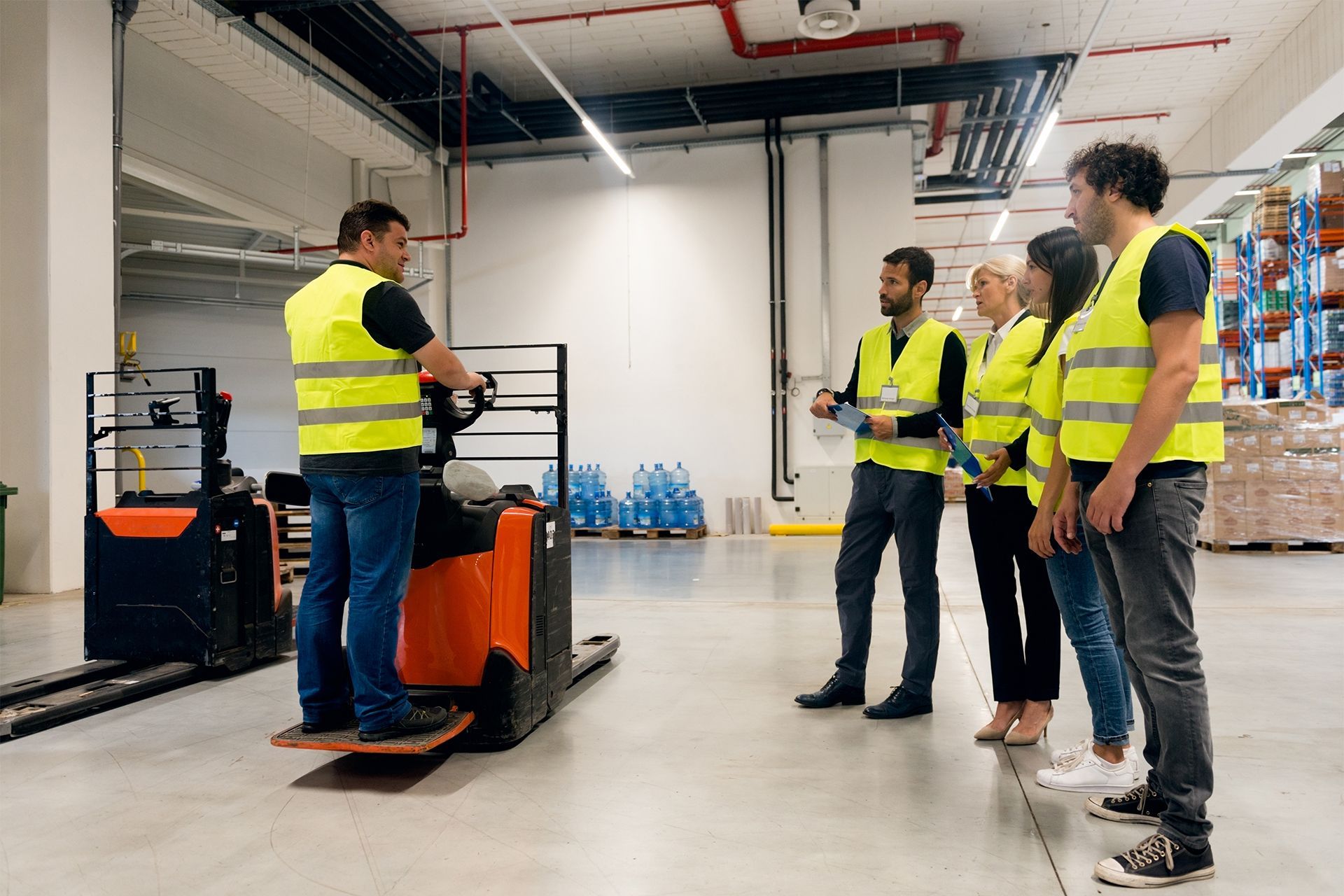
by UFT Ultimate Forklift Training Center
•
3 January 2023
I’m David Aldaz, the proud owner of UFT Ultimate Forklift Training Center I look forward to sharing my story. I hope that you will enjoy getting to know me better. My journey in the training industry began as the in-house trainer for a UPS Logistics facility, where I discovered how much I enjoyed training people and saw the results that my pupils delivered. I started UFT Ultimate Forklift Training Center in 2013, but I have been in the business for much longer. At first, it was a struggle to get known and be trusted by individuals as well as companies. But now I have developed a reputation for competence and pretty much survive off of referrals. I really enjoy knowing that the person I train will perform well and be safe in the workplace. My philosophy is based on performance and competence.
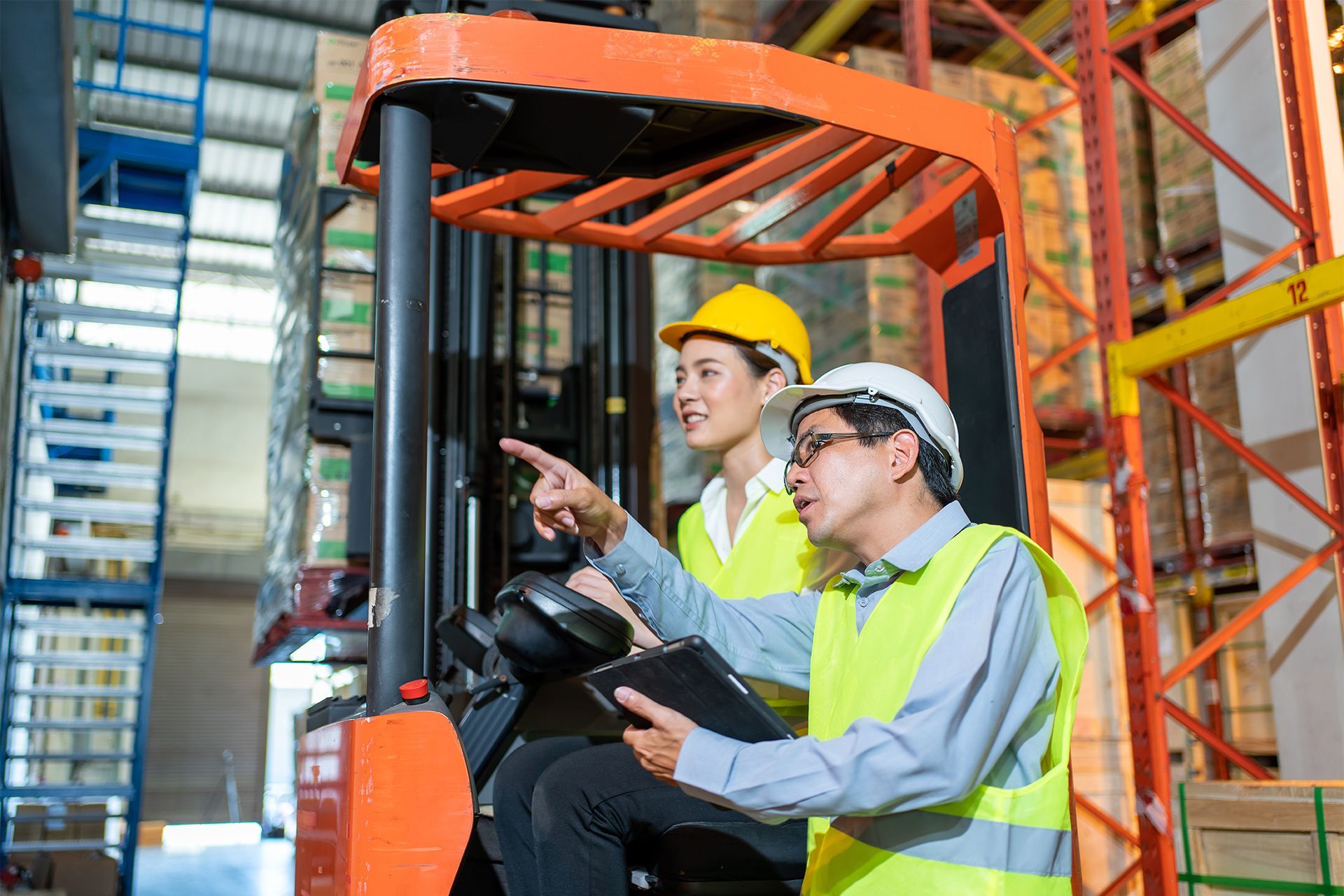
by UFT Ultimate Forklift Training Center
•
1 December 2022
Searching for a way to get guaranteed hands-on certified and thorough training? You can now consult a forklift training center that offers services like counterbalance, reach truck, order picker, pallet truck (walkie), aerial work platforms, telehandler courses, WHMIS training, working at heights training and more. If you’re looking for a training provider, you need to put in a sufficient amount of research in order to find someone that matches your expectations. You need to go through reviews you find online and speak to people who’ve worked with them. At UFT Ultimate Forklift Training Center , we are confident about the services we provide and will not shy away from giving you references. Besides, we will be happy to tell you why we are the top name in Forklift training. We have been in Forklift training for many years and have several happy clients. If you’re looking for a training provider, here are a few reasons why we believe you should pick us over the rest of our competition.
© 2025
UFT Ultimate Forklift Training Center

